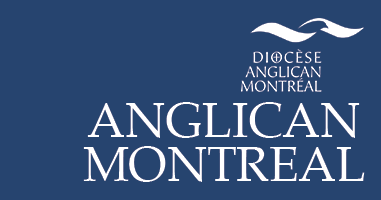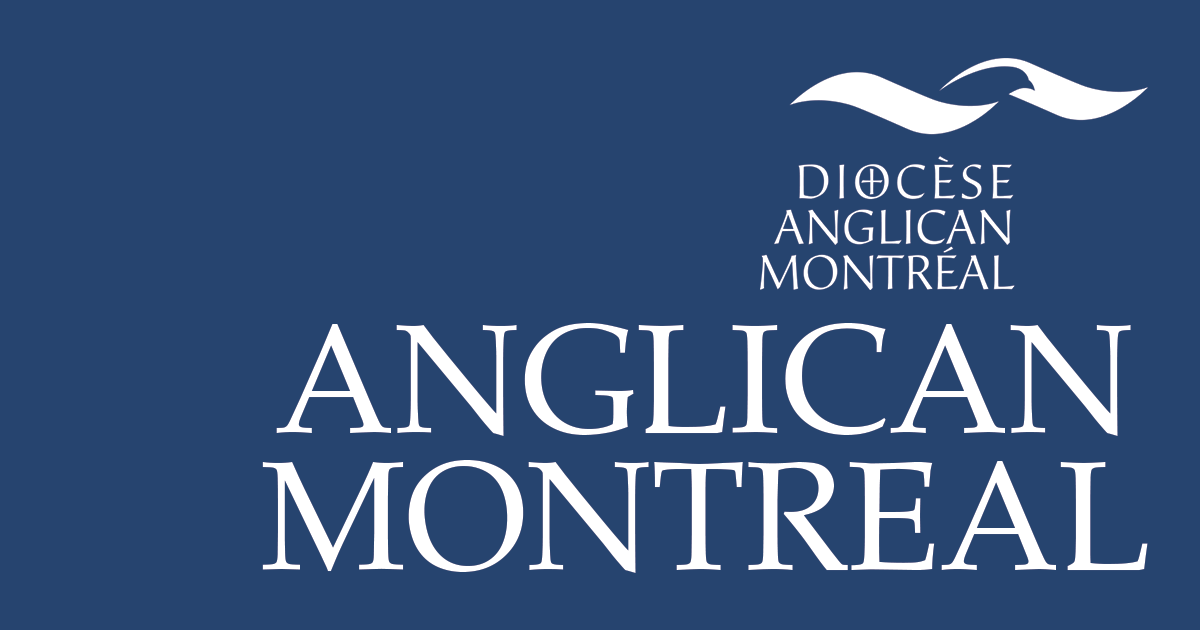
As fewer and fewer people turn toward the church, the church must turn toward the people. As is so often the case in Montreal, this process begins with language. “Being functional in French is an essential condition to sharing life and the Christian journey with the community in and outside of the church in the context of Quebec,” says Clara Maranzano, Coordinator of French and Bilingual Ministry at Montreal Diocesan Theological College (Dio).
Situated in the heart of Montreal, Dio is confronted daily with the complex linguistic reality of the city. The future of the Church may in many ways be uncertain, but one thing is clear: it is not unilingual. Dio’s Certificate in Bilingual Ministry program is helping to address the need for more linguistic diversity amongst church leadership.
The program is designed to improve students’ linguistic and cultural competence in French or bilingual ministry and spiritual care settings. Students enrolled in the college’s degree programs may take it as part of their program, but it is also available as a continuing education opportunity for those already working in ministry in any capacity, be it church administration, ordained ministry, or chaplaincy.
In the spring, Clara will be leading a one-week French for Ministry Intensive for those enrolled in the certificate program, or any other interested individuals participating in the intensive as a stand-alone course.
While language is a major focus of the intensive, the material will also attend to the unique cultural challenges of doing ministry in the context of Quebec. “We should not forget that the Roman Catholic Church has had a huge impact on Quebec’s history and culture that led to a radical mistrust of any Christian institution, and sometimes to a rampant atheism,” says Clara. “However, the spiritual needs remain, so Christian Churches other than the Roman Catholic Church face a tremendous challenge and opportunity at the same time.”
During the intensive, students will gain a more profound understanding of how the history of Christianity in Quebec continues to impact the spiritual needs and desires of Quebec’s population in the present. By contextualizing the landscape of fear, hesitation, grief, and anger that often surrounds discussions of Christianity in Quebec, students will be better prepared to meet people where they stand and to be a guiding light rather than a source of anxiety and animosity.
“I want students to be able to share Christ’s message with deep compassion and respect for the particular history and present situation of others, showing at the same time their own vulnerability and need to be understood in a language other than their own. This is always a beautiful challenge, or as we say in French, ‘un beau défi’.”
The community of students at Montreal Dio has grown evermore diverse culturally, linguistically, and ecumenically (especially as Dio has incorporated United Church Studies into its list of programs). With each year, it becomes more evident that a key role of seminaries like Dio is to nurture dialogue across difference, and to expose future ministers not just to their denominational traditions but to the possibilities for transformation brought forth when they look beyond these traditions, toward the traditions of others, and toward the reality of their own cultural context.
Dio’s Acting Principal, Pastor Eric Dyck, spent over thirty-five years ministering in Montreal at St. John’s Lutheran Church. Since beginning his work at Dio in January he has been pleased to see the increasing diversity of the college reflecting his experience in active ministry. “A diverse denominational and linguistic seminary community provides context to what will be in a parish, and if not there, then the context in which the parish ministers,” he says. “The church benefits when its ordained leaders can dialogue with understanding and compassion; the college can provide an experience of this greater reality.”
The Certificate in Bilingual Ministry program is one important step Dio is taking to shift theological education in a direction that more accurately addresses the realities of contemporary life, in Montreal in particular.
At Dio, students are being faced daily with one of the most important challenges of the Christian faith, that is, how to find unity in diversity while celebrating difference. By providing opportunities for growth in knowledge of the other, Dio is preparing future ministers for the church who are equipped to spread the gospel with love and sensitivity, and to listen at least as much as they preach.
The French for Ministry Intensive takes place May 8th to May 12th of this year. Any interested individual may visit www.montrealdio.ca/french-for-ministry, or e-mail Clara at [email protected] for more information.


